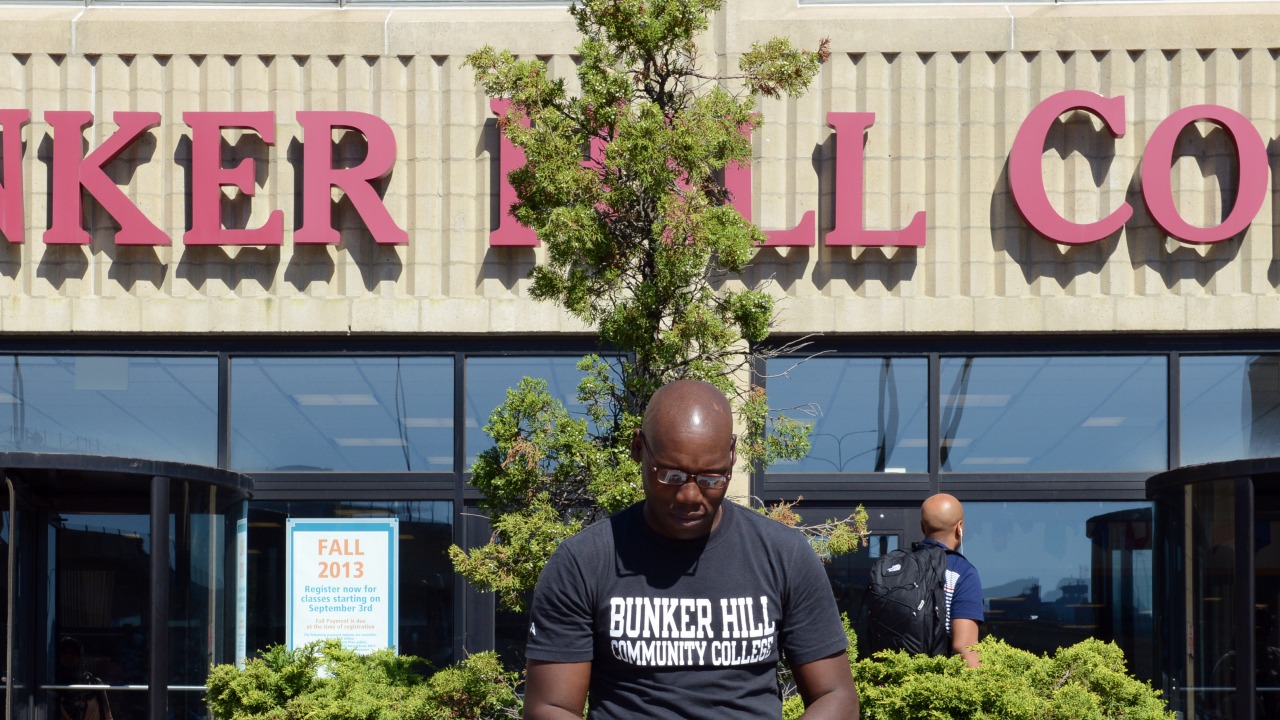Since when is handing out the Constitution so controversial?

The Constitution seems to be quite the controversial piece of literature on college campuses these days.
At Bunker Hill Community College (BHCC) in Boston, campus police cited a student group for violating the student code of conduct by passing out copies of the Constitution. Campus police arrested a student and two associates at a Michigan college for the same thing last year.
So, what’s the problem?
Well, at BHCC the problem lies with the school’s speech and student organization policies, which unconstitutionally restrict speech and allow university officials to silence viewpoints they do not like.
That’s why Alliance Defending Freedom (ADF)–along with our friends at the Foundation for Individual Rights in Education (FIRE)–sent a letter to BHCC officials asking that they revise their unconstitutional policies.
The Bunker Hill students are part of a Young Americans for Liberty (YAL) chapter on campus. The group, which has chapters at hundreds of universities nationwide, promotes the natural rights of life, liberty, and property, and the idea that government was created to protect the freedom of the individual.
When these students sought to distribute literature and invite a speaker to campus, however, the administration and campus police stopped them. According to BHCC policy on student organizations, YAL must be a registered student organization in order to host a speaker, and could not distribute literature on campus–including the Constitution–without specific permission.
The YAL students scheduled a meeting with Students Activities to discuss the process to obtain official recognition as a club. But over two months later, despite submitting a proposed club constitution and application for student club status as well as having several meetings and follow-up discussions with school administrators, they have yet to receive recognition. And without that approval, their ability to advocate for liberty at Bunker Hill is limited.
While waiting for their approval, the YAL students decided to hand out free copies of the Constitution on campus in an open outdoor area, hoping to find other students supportive of freedom at Bunker Hill. But it wasn’t long before two campus police officers approached the students and told them to stop handing out literature. When the students calmly stated that they had the right to be there and continued their activities, the officers took their identification information to notify the school that they had violated the student code of conduct.
Among the problem with policies like those at Bunker Hill is that even while they deny the First Amendment rights of all students, they also give administrators unchecked power to particularly silence the ideas and groups that they do not like.
Students don’t need permission to exercise their First Amendment rights on campus. Yet, the Bunker Hill speech policy requires them to get permission – which can be granted or denied for any reason without explanation.
Likewise, Bunker Hill administrators have the power to approve or disapprove any group’s recognition for any reason or no reason at all. This allows discrimination against disfavored views. And it’s unconstitutional.
That’s why we are asking Bunker Hill to revise these policies and uphold the constitutional rights of its students.
University Officials Cannot Decide Which Viewpoints Are Allowed on Campus
When university officials require permission to speak–even distribute the very document that protects that same right–and censor certain viewpoints, they are teaching their students that their rights aren’t inalienable, but can be taken away at the whim of a government official. That is a dangerous message for tomorrow’s legislators, judges, teachers and voters. On the other hand, when students learn that the Constitution protects their rights and that exposure to different ideas–yes, even ideas they don’t like–can be productive, they leave better equipped to appreciate and defend the First Amendment rights of all Americans. That’s something worth promoting.